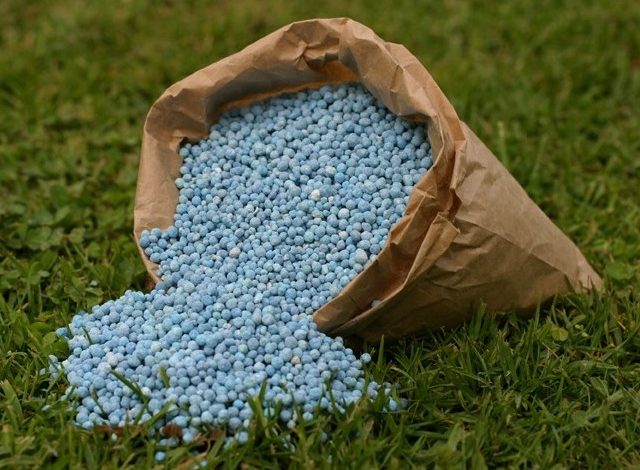By Isaac Atunlute
From just four in 2016 to over 90 currently, Nigeria’s fertiliser blending plants have grown rapidly in less than a decade, according to the Nigeria Sovereign Investment Authority.
The expansion, led by the Presidential Fertiliser Initiative, or PFI, has raised local capacity for producing nitrogen, phosphorus, and potassium (NPK) blends, targeting structural inefficiencies in the supply chain, and reducing the dependence on costly imports.
For six years, the NSIA coordinated the initiative before handing over operations this year to the Ministry of Finance Incorporated — the legal owner of the project.
From scarcity to surplus
Prior to PFI’s launch in 2016, Nigeria’s fertiliser supply market was marked by limited products and high prices, leaving farmers with fewer options because of middlemen and transport congestion.
The expansion of blending plants has shortened supply distances, improved availability, and helped stabilise prices in some regions.
For instance, the average price of NPK fertiliser, which hit a record high in 2022 due to global supply shocks, has seen relative moderation in states with nearby blending facilities.
Such fertiliser supply capacity expansion of this sort reflects broader agricultural renewal processes across West Africa.
The Côte d’Ivoire government has expanded its fertiliser distribution networks while promoting domestic blend plants to reduce import reliance and increase soil-type varieties among producers.
Quality and trust
Despite the progress, adulteration remains a concern. Inferior fertilisers are damaging crop output; they are even further eroding the farmer’s trust in the system.
A report by the African Fertiliser and Agribusiness Partnership emphasises the importance of promoting high-quality and affordable balanced fertiliser products and improving access for smallholder farmers through private-sector-led, market-driven solutions.
Countries like Kenya have addressed this through mandatory product testing and random market inspections, backed by stiff penalties. A similar model could help Nigeria protect both farmers and the credibility of its expanded production network.
Broader opportunities
Beyond staple crops such as maize, rice, and sorghum, custom fertilisers can be designed for local use among horticulture, legumes, and even pasture development for livestock.
Custom fertilisers can increase production levels of underdeveloped agricultural fields and provide additional market outlets for fertiliser-blending plants and also possibilities of job generation.
The increase in Nigeria’s blending plants in nine years represents a major leap in agricultural infrastructure. But translating this into measurable gains for farmers requires more than just production capacity.
Effective distribution channels, farmer education on application, and above all an assured quality control system are necessary.
As climate variability puts a strain on Africa’s food systems, fertiliser remains a critical tool for productivity.
Pairing its growing capacity with strong oversight and fair market access can not only reduce Nigeria’s reliance on imported fertilisers but can also help boost its exports to neighbouring countries.
Nigeria's fertiliser industry has experienced significant growth, expanding from four blending plants in 2016 to over 90, driven by the Presidential Fertiliser Initiative (PFI). This expansion, now managed by the Ministry of Finance Incorporated, has increased local production of nitrogen, phosphorus, and potassium blends, reducing reliance on imports and addressing supply chain inefficiencies. The initiative has improved fertiliser availability and stabilised prices, especially in regions close to blending facilities.
Despite the benefits, issues of fertiliser adulteration persist, threatening crop productivity and farmer trust. The African Fertiliser and Agribusiness Partnership highlights the need for high-quality fertilisers and increased access for smallholder farmers through market-driven solutions. Implementing product testing and market inspections, as seen in Kenya, could enhance Nigeria's fertiliser system's integrity.
For broader agricultural development, custom fertilisers could boost production in horticulture and livestock sectors, creating new market outlets and job opportunities. To ensure these investments translate into farmer benefits, effective distribution, proper application education, and stringent quality control are essential. As climate change continues to strain food systems, leveraging Nigeria's increased fertiliser capacity could reduce import dependency and position the country as a regional fertiliser exporter.






